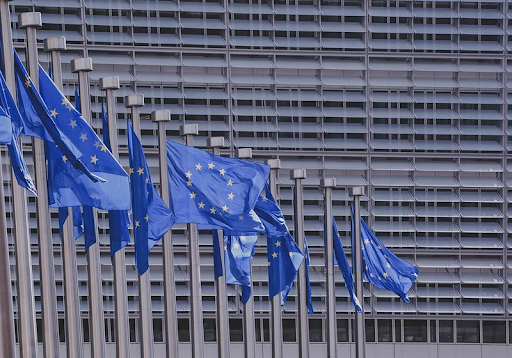A major diplomatic confrontation is brewing between the European Union and Israel after Brussels laid out a plan for tough sanctions and tariffs over the war in Gaza. Israel has responded with a vow of defiance, setting the stage for a contentious political battle that highlights worsening relations.
The EU’s proposal includes freezing the assets and banning the travel of senior Israeli ministers Itamar Ben-Gvir and Bezalel Smotrich, alongside Israeli settlers and Hamas leaders. This direct targeting of government officials is a significant escalation that has been met with a sharp rebuke from Jerusalem.
In a strongly worded letter, Israeli Foreign Minister Gideon Saar accused the EU of attempting to empower a terrorist organization and declared that Israel would not yield. “Pressure through sanctions will not work,” he wrote, asserting that the “proud sovereign nation” of Israel will not be “bent through threats” when its security is on the line.
The EU’s foreign policy chief, Kaja Kallas, has framed the measures as a necessary step to pressure the Israeli government to “change course” and alleviate the humanitarian crisis in Gaza, where the death toll has surpassed 65,000. She underscored that the goal is to end suffering and secure the release of all hostages, not to punish the Israeli people.
This clash of wills exposes the deep rift between the two partners. While the EU leadership pushes for what it calls a “carefully considered response,” Israel perceives the move as a hostile campaign. The outcome will depend on whether the EU’s 27 member states can unite behind this assertive policy, a prospect that remains highly uncertain given their longstanding divisions on the issue.



